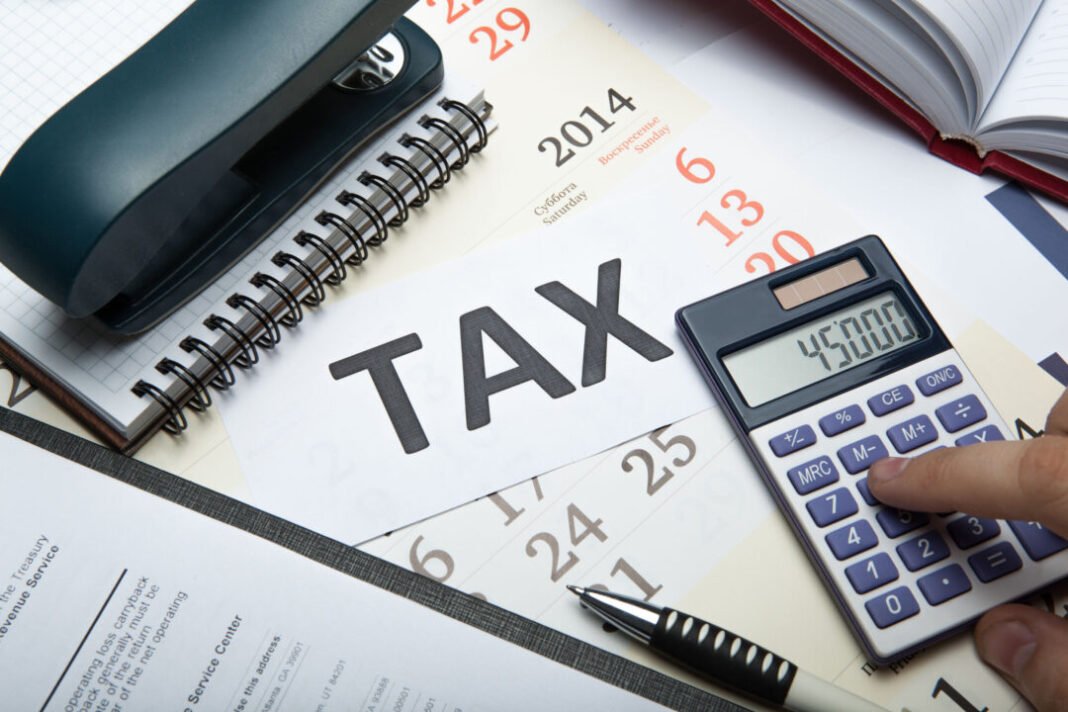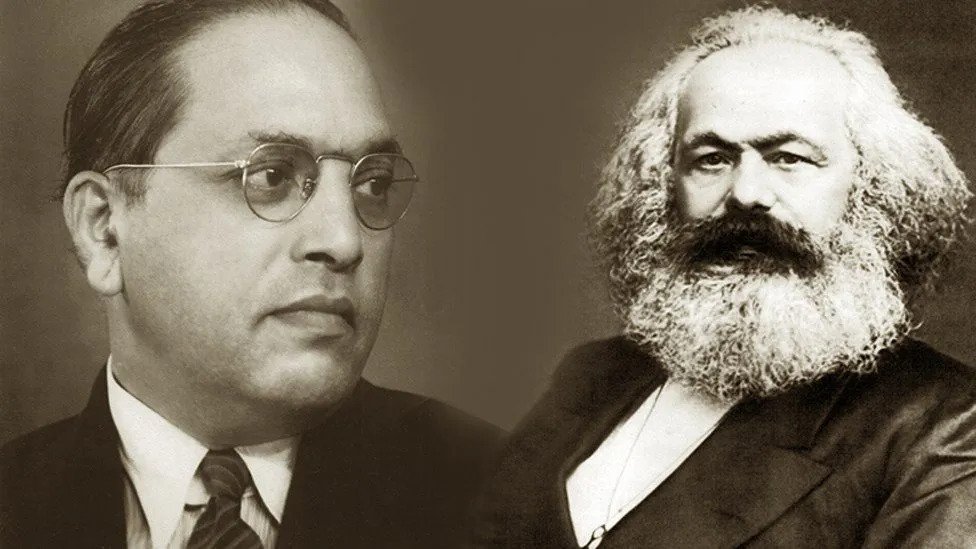By: Priyanka ‘Saurabh’
Salaried earners pay the highest percentage of income in taxes, get less in return and their tax money is used for votes. Social equality in India means that a clerk earning Rs 6,000 per month in Mumbai will have to pay income tax, but a strawberry farmer in Hisar, Haryana earns Rs 1.5 lakh per month, is entitled to tax-exempt status. Must enjoy Clerks across the country still pay income tax and not the wealthy. How much tax you pay on income depends on how much you earn and how much you can hide – or show the income as non-taxable. The salaried class is the most disadvantaged section as 100% income tax is taken before the salary reaches them. They are also not allowed certain tax-exempt expenses that are allowed to non-salaried earners.
A large section of these ‘filers-but-not-payers’ is non-salary income earners. In fact, as a percentage of the population, the number of income taxpayers has declined, which, among other things, is an even greater burden on the salaried class. There are countries with higher income tax rates than India. But taxpayers in those countries have access to services that either never existed or did not exist in India. Public education, school to college and public healthcare have all but disappeared from the life of the urban middle class. Private spending on education and health in India is among the highest in the world. This is in a country where the richest 10% of the population is poorer than the poorest 10% of America.
How many times do you text from one paycheck and why? Pay tax on salary for 30 days’ work. Bought mobile, paid tax. Recharged, got data, got electricity, bought home, got TV frozen, etc., took the car, got petrol, got service done, walked on the road, paid toll, got a license, paid tax if I made a mistake. Ate in a restaurant, took parking, took water, bought ration, bought clothes, bought shoes, and bought books – paid tax. Went to the toilet, took medicine, took gas, took hundreds of other things, and paid taxes. Somewhere fees were paid, somewhere bills, some interest were given, somewhere in the name of fines, and somewhere money had to be paid in the name of bribe, after all this by mistake saved in savings and then paid tax. After working whole life there is no social security, no pension, no medical facility, no good schools for children, no public transport, bad roads, bad street lights, bad air, water bad, fruits and vegetables poisonous, hospital Expensive, every year due to inflation, accidental expenses and disasters, even after that lines everywhere.
Where did all the money go? In corruption, in elections, in the subsidies of the rich, in the fake bankruptcies of the rich in the run-up to Mallya, in Swiss banks, in the bungalows and cars of politicians, and in making us Zandu Balm. Who said now who is the thief? After all, how long will our countrymen continue to live like this dragging life? The time has come to think about the country and the countrymen above anyone’s devotion. After all, why do taxpayers constitute almost one percent of India’s population?
Income taxpayers are forced to pay for clean water, breathable air, personal security, and now increasingly for road use in the form of tolls. Most of the wage earners are in the private sector and the taxes they pay do not entitle them to pensions, unemployment assistance, or post-retirement healthcare. Countries with high-income tax rates also have much lower indirect taxes than India. The prices of cars, smart TVs, smartphones, and laptops are 20% to 80% lower in most countries with high-income tax rates. The buyer of a mid-level car in India has to pay 58% of his total expenditure to the government. If he becomes the victim of an accident, the government is not likely to meet his medical expenses or provide income support if he loses his job.
The reason why a milch cow is frequently milked by income taxpayers, especially from the salaried class, is that there are so many other legged cows that the government refuses to tax. Farmers, even the richest, enjoy tax-free income; lawyers, doctors, and coaching centers are among the most profitable and fastest-growing professions exempt from service tax. Then some MPs enjoy privileges that don’t make any tax donations; they decide on their salary, and tax on their income is not deducted at the source. Most of his income is in the form of tax-free allowances. 34 free flights in a year with a partner, free unlimited first-class train travel, free healthcare, a rent-free house, Rs 20,000 monthly pension.
If MPs are to ensure that their payers, taxpayers, are getting the basic services for which they are paying taxes, then none of this needs to worry. But this rarely happens. (The author is a research scholar in political science, poet, freelance journalist, and columnist)







